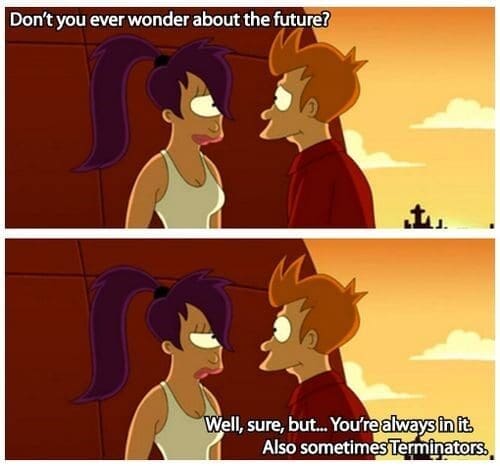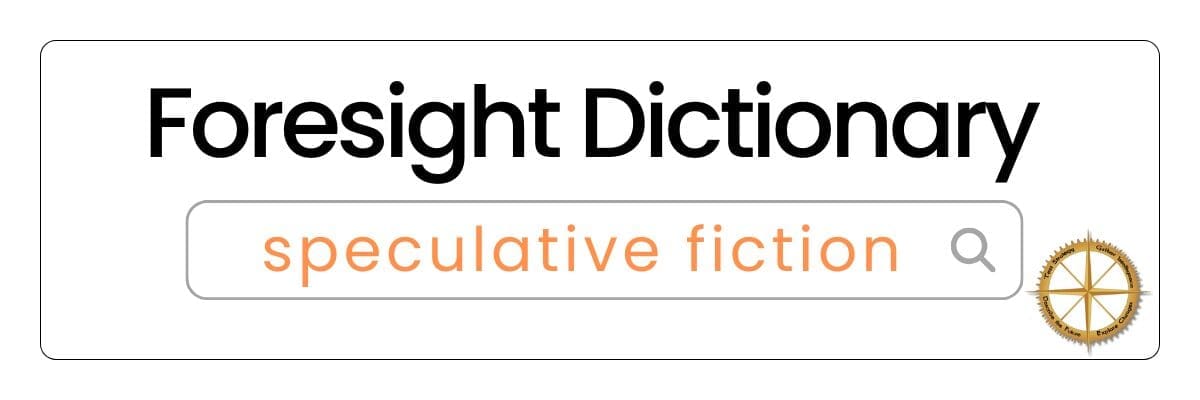

Definition
Speculative fiction is a broad literary genre that encompasses works which imagine alternative realities, futures, or scenarios that differ from our current world. This genre includes but is not limited to science fiction, fantasy, horror, alternate history, and utopian or dystopian fiction. Speculative fiction explores “what if” scenarios, often extrapolating from current trends, technologies, or social issues to imagine possible futures or alternate realities.
Example
George Orwell’s “1984”:
This is a classic example of speculative fiction. Orwell extrapolated from the totalitarian regimes of his time to imagine a future dystopian society where constant surveillance, thought control, and historical revisionism are the norm. This work has had a profound impact on how we think about privacy, government control, and technology in society.
Ask yourself
- How can imagining alternative futures help us better understand our present?
- What ethical dilemmas might arise from future technological advancements?
- What would speculative fiction from other cultures reveal about what they are exploring about the future?
Science Fiction vs Fantasy
What the difference between science fiction and fantasy really is…
Call me unbearably shallow, but here’s how you know the difference. You walk up to the main character of the story in question and say: “Hey! Main character! That deus ex machina doodad you have on your belt, does it have, like, a
battery?”
If he says “Why, yes, there’s a tiny nuclear fuel cell in there that will power this baby for 10,000 planetary revolutions,” well, then, you’ve got some science fiction there. If he says, “Of course not, it was forged in the eternal flames of Mount [insert typewriter spasm here] by the dwarves who serve the elder and/or fallen god [insert second typewriter spasm here], and holds captive his immortal soul” or some such, well, that’s fantasy. Everything else is pretty much elaboration and variation on the point.
If the story features a nuclear fuel cell made by the dwarf servants of the dread god Typewriter Spasm, what you’ve got is an editor asleep at the switch. Never fear, he or she will be beaten presently.
There. Settled. Now, let’s cure cancer!
– John Scalzi
Tools
- Scenario Planning: This futures thinking tool involves creating detailed narratives about possible future states, which aligns well with the “what if” nature of speculative fiction.
- Trend Extrapolation: This method projects current trends into the future, often used in speculative fiction to create plausible future scenarios.
- Futures Wheel: This tool helps explore the consequences of future events or trends, which can be useful for developing complex speculative fiction narratives.






